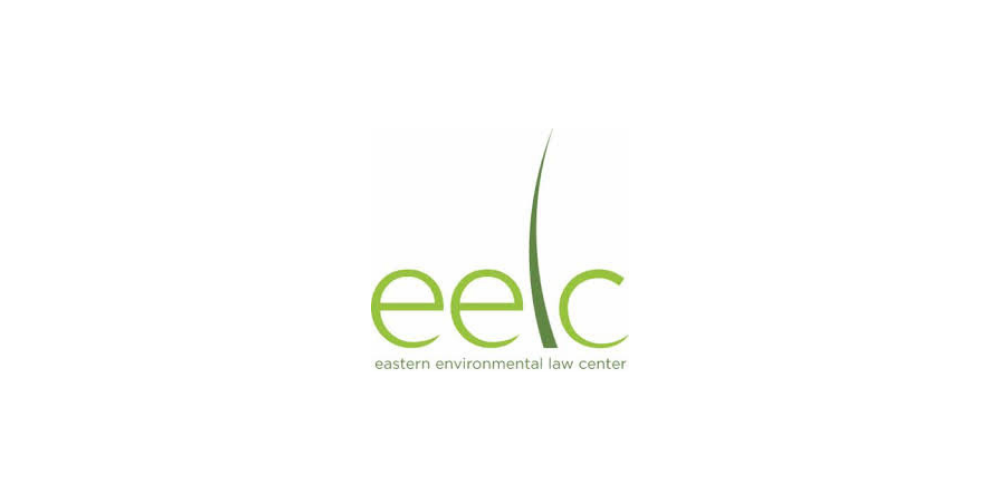The proposed PennEast natural gas pipeline, if approved by the Federal Energy Regulatory Commission (FERC), will stretch 118 miles between New Jersey and Pennsylvania. By their own admission, PennEast’s construction will disturb over 1,600 acres of preserved open space, farms, forests and other land. U.S. Representative Bonnie Watson Coleman, an outspoken critic of the pipeline, has expressed concern that it “will adversely and permanently affect critical forest and water resources.” Fellow U.S. Representative Leonard Lance claims construction of the pipeline would be an “irresponsible” use of taxpayer-funded open space.
In addition to causing environmental harm, the pipeline is also unnecessary, according to a recent study funded by New Jersey Conservation Foundation (NJCF). The study concluded that, not only is there no demand for the natural gas, but the $1.2 billion project could actually increase customers’ gas bills. Furthermore, EELC has identified the potential that PennEast has engaged in market abuse and has failed to establish the requisite “public need” for the pipeline.
A distinguished legal team led by EELC attorney Jennifer Danis with assistance from EELC attorney Raghu Murthy, along with co-counsels from the Columbia University Environmental Law Clinic’s Professor Ed Lloyd (and EELC Board of Directors Chairman) and Susan Kraham, is spearheading a legal effort to stop the pipeline. “EELC is working diligently with industry experts,” says Danis, “to document both the adverse economic impacts and the environmental destruction that would result from PennEast’s proposed pipeline.”
Here is what EELC has achieved so far during the summer:
• August 1: EELC, on behalf of NJCF and The Stony Brook-Millstone Watershed Association, filed comments criticizing FERC’s draft EIS because critical data is missing and fails to provide an adequate public comment process.
• July 27: FERC agreed to consider holding an evidentiary hearing to determine whether or not there is a public need for the pipeline following the submission of EELC’s motion in June.
• June 15: EELC filed a motion on behalf of NJCF and the Stony Brook-Millstone Watershed Association requesting FERC to show a public need for the pipeline.
You can find additional pipeline information here: ReThink Energy NJ.



